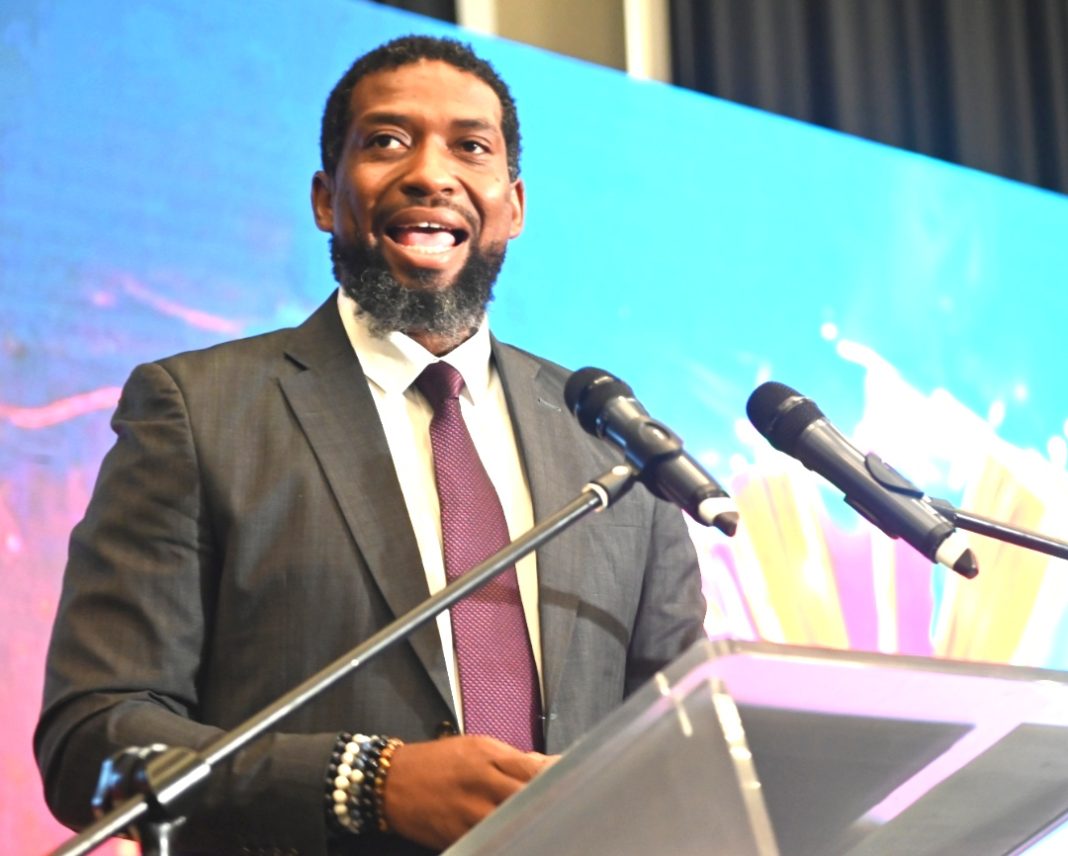By Buti Manamela
Tshilidzi Marwala, the former Vice-Chancellor of the University of Johannesburg, is now the Rector of the United Nations University (UNU) in Tokyo, Japan and a UN Under-Secretary-General.
In August 2023, he was appointed to the United Nations Scientific Advisory Council. A global scholar of artificial intelligence, Marwala is among South Africa’s most distinguished academic exports.
His international appointment is not only a personal honour—it is a reminder that our country has long been both a contributor to and a beneficiary of global academic exchange. The question now raised by some populist voices is: should he and others like him return home to make space for South Africans?
That, essentially, is the dangerous logic behind the latest xenophobic campaign, dressed up as concern for South African jobs in academia.
This week, a Patriotic Alliance Member of Parliament, Ashley Sauls, accused universities of prioritising foreign nationals over South African academics, citing a single contested case at the Central University of Technology (CUT) and extrapolating it into an alarming generalisation.
Sauls’s confidence is matched only by his lack of understanding. He has taken one grievance and distorted it into a narrative that undermines both institutional integrity and our country’s international standing.
Let’s be clear: South African universities are not flooded with foreign staff.
They are struggling—still—to become truly representative of our demographics, values and developmental priorities. But foreign nationals are not the obstacle. The real crisis lies in our failure to invest in and grow a new generation of black South African academics.
According to the Ministerial Task Team (MTT) Report on the Recruitment, Retention and Progression of Black South African Academics, South Africans make up 88.4% of the academic staff in our universities. Foreign nationals—who often bring scarce expertise or participate in global research collaborations—constitute only 11.2% of the total academic cohort.
More importantly, many of those international academics are black Africans, whose presence in South African lecture halls should be a source of solidarity, not suspicion.
The MTT Report identified the real barriers to transformation as:
• A shrinking and unequal postgraduate pipeline, especially in STEM and health sciences.
• Exclusionary institutional cultures that marginalise black scholars, particularly women.
• Poor working conditions and heavy teaching loads, leaving little room for research or advancement.
• Fragmented policy and funding support for initiatives like nGAP (New Generation of Academics Programme) , which are critical to building black academic excellence.
These are the bottlenecks. Not fellow scholars from Zimbabwe, Nigeria, Ghana or Kenya.
In fact, many senior South African academics and vice-chancellors have benefitted from international exposure—studying or working in the US, UK, Germany, China, Brazil and across the continent. Are we now to punish those whose careers were sharpened abroad? Or suggest that they have no right to shape the institutions they now lead?
It is precisely through international engagement that we sharpen our intellectual tools. South Africa collaborated with global institutions to develop and trial Covid-19 vaccines that saved millions of lives—right here, led by African scientists and researchers. That is what international collaboration looks like: not replacement, but empowerment.
To suggest otherwise is to play directly into xenophobic populism, with dangerous consequences. The last time this rhetoric escalated, lives were lost. Shops were burned. Migrants were hunted. South Africa’s reputation took a beating on the global stage.
The PA MP may be right to raise a grievance about an individual hiring case at a university—but to generalise it into an anti-foreigner campaign is reckless and disingenuous. It’s not transformation. It’s opportunism.
Let’s be honest: if transformation was truly the concern, then Sauls would be championing postgraduate funding, fixing NSFAS bottlenecks, defending nGAP and holding universities accountable for succession planning. Instead, what we get is easy scapegoats and political posturing.
What we need is not louder voices—but better ones. Let’s cherish the black academics we can attract, from both South Africa and the continent, and build a system that grows more like them—with rigorous support, mentorship, and public investment.
Let us fix the real problems: underfunding, institutional inertia, the lack of coherence in building academic careers. But let us not turn fellow scholars into enemies. In the battle for transformation, our best allies are those who believe in justice, equity and the power of shared knowledge.
We don’t build a better academy by building walls. We build it by growing our own—while learning with, and from, the world.
Buti Manamela is the Deputy Minister of Higher Education and Training.
INSIDE EDUCATION






